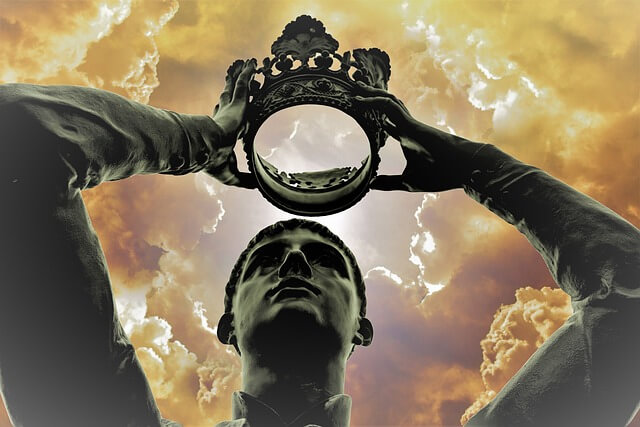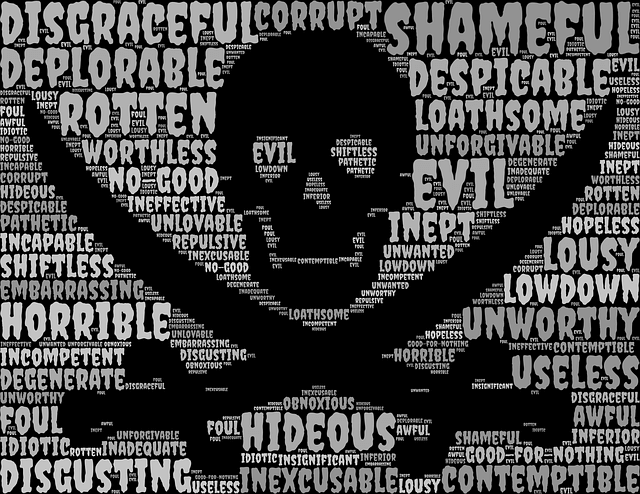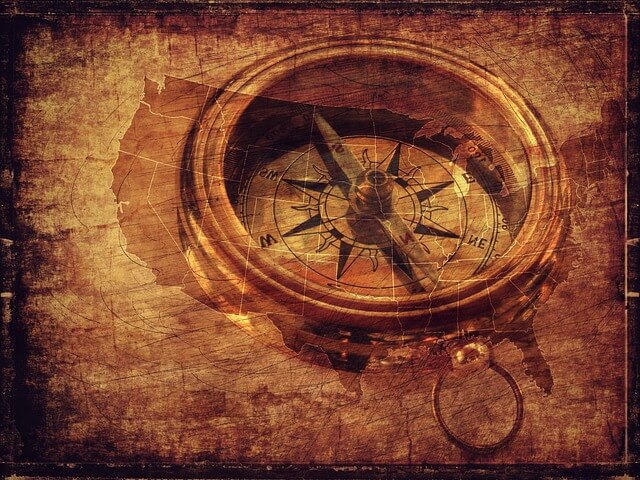The prince/the king/the prime minister is not above God. Nor is he sinless. Perhaps that’s one of the messages of making sure the prince understood his role before God. To remind him that he wasn’t God.
The prince had some different instructions than the common people. The east gate was to be closed except for on Sabbath and New Moons. Then the east gate was open and the prince would come through, offer his sacrifice, left through the east gate, and then it was shut again.
His sacrifices were not small sacrifices. They included a young bull (very expensive) and some other animals. He was expected to give the most.
When it came to the people, they were to enter from the North gate and exit through the South gate, or vice verse, but not through the same gate they came in. Maybe crowd control? Flow of people?
One observation is that the prince was expected to walk with the people. It wasn’t just about him doing his thing and being done with his duty. He was to worship with the people, walking with and among them.
After all this the priests were to cook their food in special places in the inner courts, lest they consecrate someone. Sort of like accidentally consecrating someone with clothes.
But yes. There were special places for the priests to cook the sacrifices offered by the people. This meat was not only for sacrifice but also to take care of the many priests that worked and served in the temple.
It does make one think though.
- What if our local, regional and national leaders truly remembered that were under God? That they were to worship him and were going to answer him one day. Would they serve differently
- What would it look like if the leaders of the land actually spent more time with the people. Participating in worship with them? Walking with them?
- What would it look like in all of our lives if there was a great distinction between the holy and the common?







